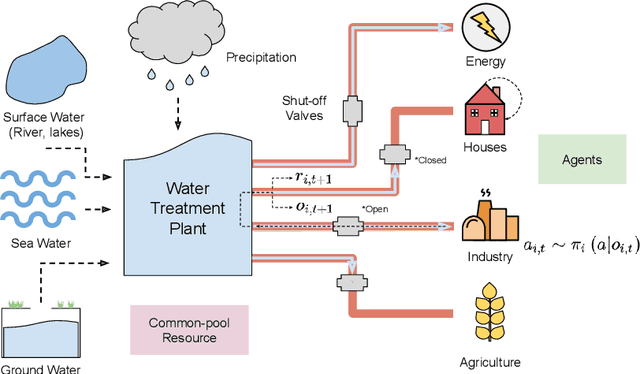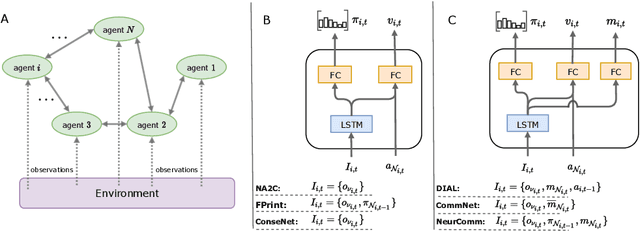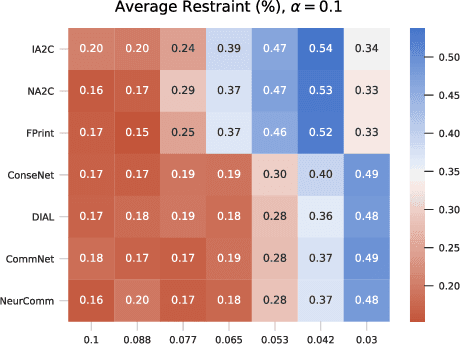Scott Cameron
Robust and Scalable SDE Learning: A Functional Perspective
Oct 11, 2021



Abstract:Stochastic differential equations provide a rich class of flexible generative models, capable of describing a wide range of spatio-temporal processes. A host of recent work looks to learn data-representing SDEs, using neural networks and other flexible function approximators. Despite these advances, learning remains computationally expensive due to the sequential nature of SDE integrators. In this work, we propose an importance-sampling estimator for probabilities of observations of SDEs for the purposes of learning. Crucially, the approach we suggest does not rely on such integrators. The proposed method produces lower-variance gradient estimates compared to algorithms based on SDE integrators and has the added advantage of being embarrassingly parallelizable. This facilitates the effective use of large-scale parallel hardware for massive decreases in computation time.
A game-theoretic analysis of networked system control for common-pool resource management using multi-agent reinforcement learning
Oct 15, 2020



Abstract:Multi-agent reinforcement learning has recently shown great promise as an approach to networked system control. Arguably, one of the most difficult and important tasks for which large scale networked system control is applicable is common-pool resource management. Crucial common-pool resources include arable land, fresh water, wetlands, wildlife, fish stock, forests and the atmosphere, of which proper management is related to some of society's greatest challenges such as food security, inequality and climate change. Here we take inspiration from a recent research program investigating the game-theoretic incentives of humans in social dilemma situations such as the well-known tragedy of the commons. However, instead of focusing on biologically evolved human-like agents, our concern is rather to better understand the learning and operating behaviour of engineered networked systems comprising general-purpose reinforcement learning agents, subject only to nonbiological constraints such as memory, computation and communication bandwidth. Harnessing tools from empirical game-theoretic analysis, we analyse the differences in resulting solution concepts that stem from employing different information structures in the design of networked multi-agent systems. These information structures pertain to the type of information shared between agents as well as the employed communication protocol and network topology. Our analysis contributes new insights into the consequences associated with certain design choices and provides an additional dimension of comparison between systems beyond efficiency, robustness, scalability and mean control performance.
 Add to Chrome
Add to Chrome Add to Firefox
Add to Firefox Add to Edge
Add to Edge